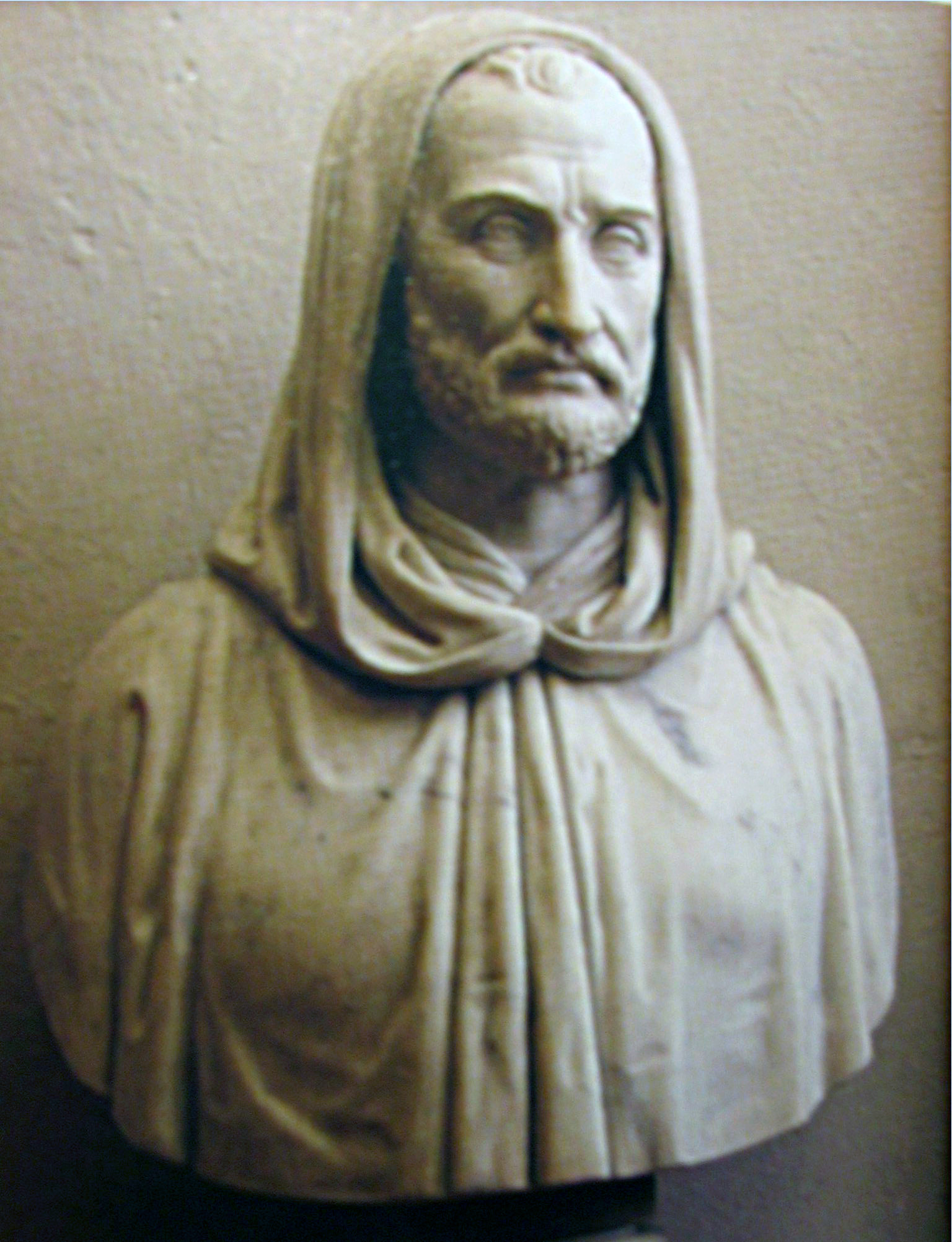Ambrogio Calepino on:
[Wikipedia]
[Google]
[Amazon]
 Ambrogio Calepino (
Ambrogio Calepino (
CALEPIO, Ambrogio, detto il Calepino
''
 Ambrogio Calepino (
Ambrogio Calepino (Latin
Latin (, or , ) is a classical language belonging to the Italic languages, Italic branch of the Indo-European languages. Latin was originally a dialect spoken in the lower Tiber area (then known as Latium) around present-day Rome, but through ...
: ''Ambrosius Calepinus''; c. 1440–1510), commonly known by the Latin form of his name, Calepinus, was an Italian lexicographer
Lexicography is the study of lexicons, and is divided into two separate academic disciplines. It is the art of compiling dictionaries.
* Practical lexicography is the art or craft of compiling, writing and editing dictionaries.
* Theoretica ...
.
Calepino was born in Castelli Calepio
Castelli Calepio ( Bergamasque: ) is a '' comune'' (municipality) in the Province of Bergamo in the Italian region of Lombardy, located about northeast of Milan and about southeast of Bergamo. The municipal seat is in the '' frazione'' of Tagl ...
Gigliola Soldi Rondinini, Tullio De MauroCALEPIO, Ambrogio, detto il Calepino
''
Dizionario Biografico degli Italiani
The ''Dizionario Biografico degli Italiani'' ( en, Biographical Dictionary of the Italians) is a biographical dictionary published by the Istituto dell'Enciclopedia Italiana, started in 1925 and completed in 2020. It includes about 40,000 biograp ...
'' - Volume 16 (1973) and died in Bergamo
Bergamo (; lmo, Bèrghem ; from the proto- Germanic elements *''berg +*heim'', the "mountain home") is a city in the alpine Lombardy region of northern Italy, approximately northeast of Milan, and about from Switzerland, the alpine lakes Com ...
. He entered the Augustinian Order
Augustinians are members of Christian religious orders that follow the Rule of Saint Augustine, written in about 400 AD by Augustine of Hippo. There are two distinct types of Augustinians in Catholic religious orders dating back to the 12th–13 ...
in 1458.
Works
HisLatin
Latin (, or , ) is a classical language belonging to the Italic languages, Italic branch of the Indo-European languages. Latin was originally a dialect spoken in the lower Tiber area (then known as Latium) around present-day Rome, but through ...
dictionary
A dictionary is a listing of lexemes from the lexicon of one or more specific languages, often arranged alphabetically (or by radical and stroke for ideographic languages), which may include information on definitions, usage, etymologie ...
appeared first in 1502 at Reggio. It was reprinted many times during the 16th century, the Aldine press alone producing no fewer than 18 editions from 1542 to 1592. Later editions were considerably enlarged. To the Latin of the original were added equivalents in other language
Language is a structured system of communication. The structure of a language is its grammar and the free components are its vocabulary. Languages are the primary means by which humans communicate, and may be conveyed through a variety of ...
s. Thus we have the Basel
, french: link=no, Bâlois(e), it, Basilese
, neighboring_municipalities= Allschwil (BL), Hégenheim (FR-68), Binningen (BL), Birsfelden (BL), Bottmingen (BL), Huningue (FR-68), Münchenstein (BL), Muttenz (BL), Reinach (BL), Riehen (B ...
edition (1590) which contains eleven languages: "Ambrosii Calepini dictionarium undecim linguarum: respondent autem latin
Latin (, or , ) is a classical language belonging to the Italic languages, Italic branch of the Indo-European languages. Latin was originally a dialect spoken in the lower Tiber area (then known as Latium) around present-day Rome, but through ...
is vocabulis hebraica
Hebrew (; ; ) is a Northwest Semitic language of the Afroasiatic language family. Historically, it is one of the spoken languages of the Israelites and their longest-surviving descendants, the Jews and Samaritans. It was largely preserved t ...
, græca, gallica, italica, german
German(s) may refer to:
* Germany (of or related to)
**Germania (historical use)
* Germans, citizens of Germany, people of German ancestry, or native speakers of the German language
** For citizens of Germany, see also German nationality law
**Ge ...
ica, belgica
Gallia Belgica ("Belgic Gaul") was a province of the Roman Empire located in the north-eastern part of Roman Gaul, in what is today primarily northern France, Belgium, and Luxembourg, along with parts of the Netherlands and Germany.
In 50 BC, a ...
, hispanica, polonica, ungarica, anglica".
The edition in seven languages by Jacopo Facciolati
Jacopo Facciolati (1682–1769) was an Italian lexicographer and philologist.
Biography
He was born at Torreglia, in what is now the province of Padua (then in the Republic of Venice), in 1682. He was admitted to the seminary of Padua thanks to ...
(Pavia
Pavia (, , , ; la, Ticinum; Medieval Latin: ) is a town and comune of south-western Lombardy in northern Italy, south of Milan on the lower Ticino river near its confluence with the Po. It has a population of c. 73,086. The city was the ...
, 1718) with the assistance of Egidio Forcellini
Egidio Forcellini (August 26, 1688April 5, 1768) was an Italian philologist.
Forcellini was born at Fener in the district of Treviso and belonged to a very poor family. He went to the seminary at Padua in 1704, studied under Facciolati, and in d ...
, was reprinted many times. Calepinus became a common name, a synonym of dictionary or lexicon, and we find titles like the following: ''Septem linguarum calepinus, hoc est, lexicon latinum''. Calepino also wrote the life of John Bonus of Mantua which is found in the ''Acta Sanctorum
''Acta Sanctorum'' (''Acts of the Saints'') is an encyclopedic text in 68 folio volumes of documents examining the lives of Christian saints, in essence a critical hagiography, which is organised according to each saint's feast day. The project w ...
'' for 22 October (''Oct''. IX, 748–767).
Notes
References
* * Augustinian friars Italian lexicographers Italian Latinists 1450s births 1510 deaths Writers from Bergamo {{Italy-linguist-stub